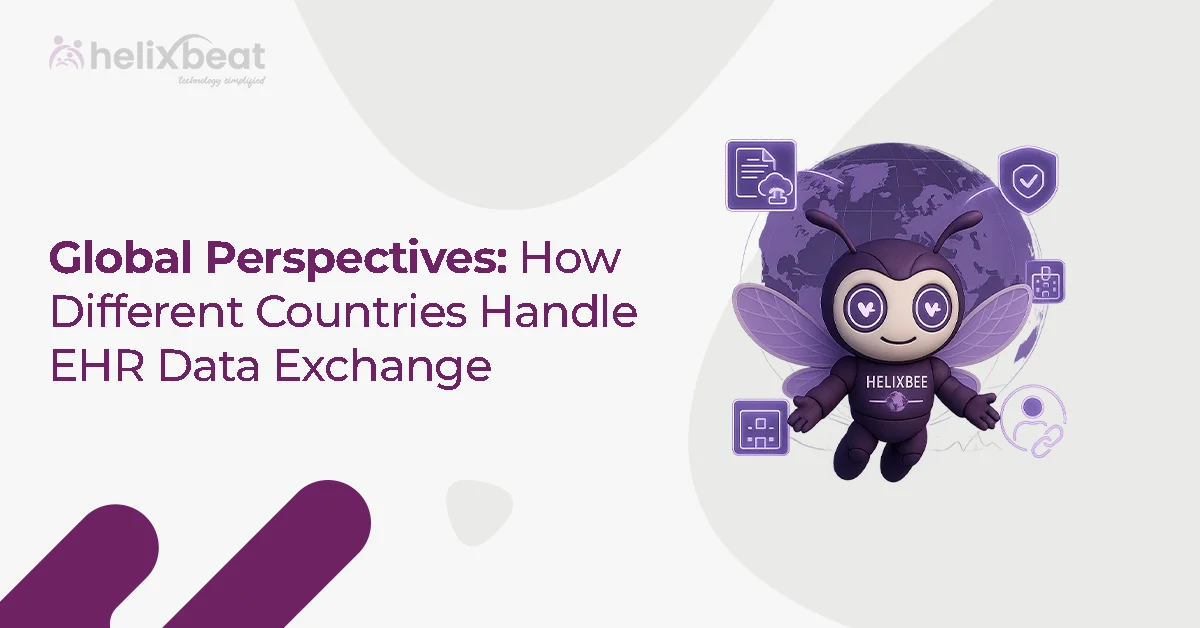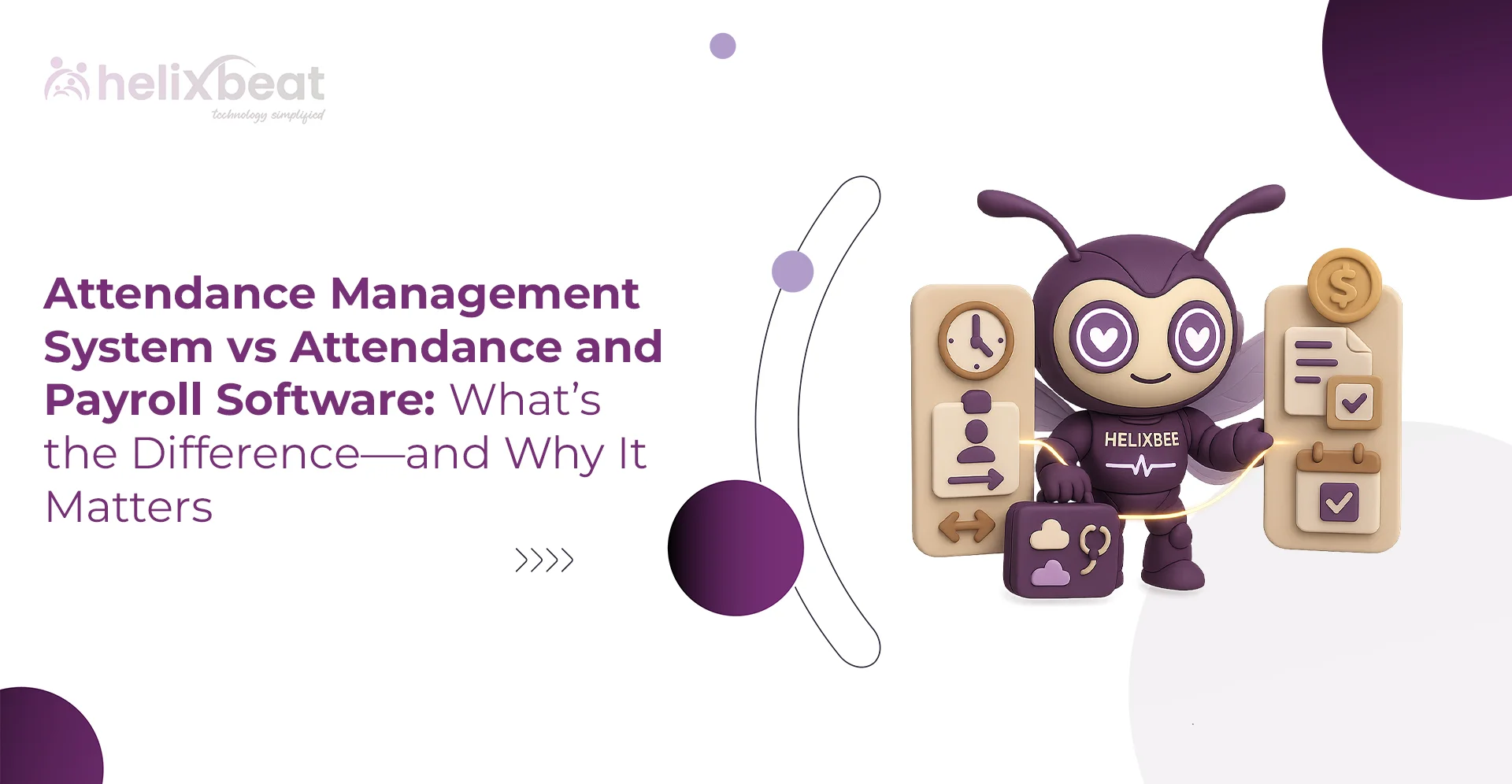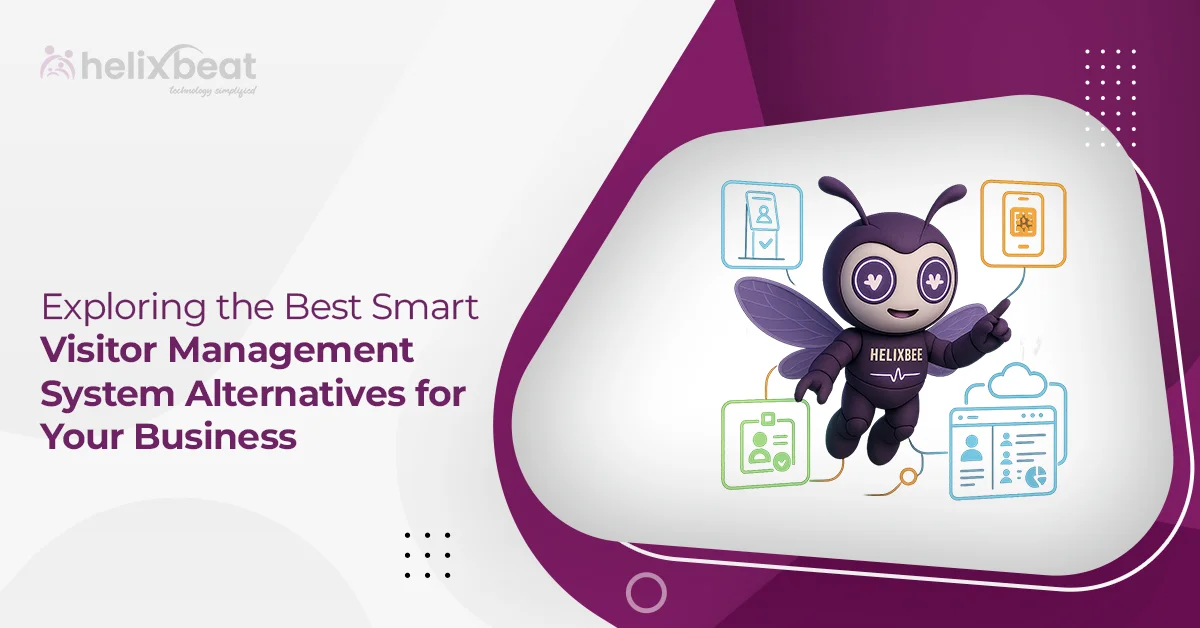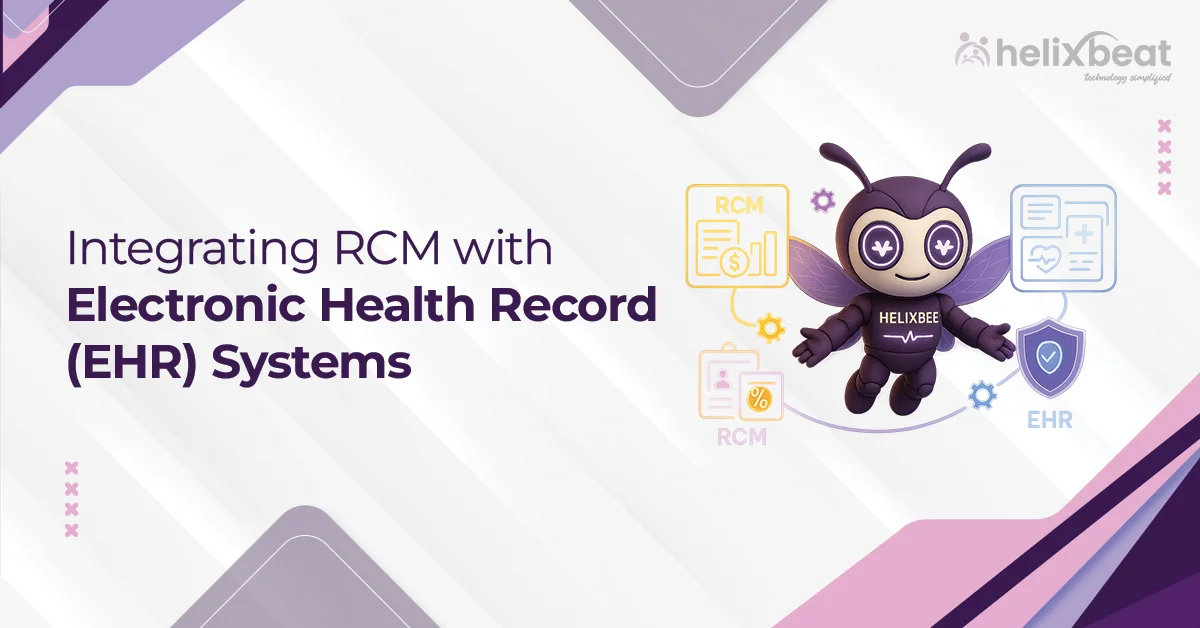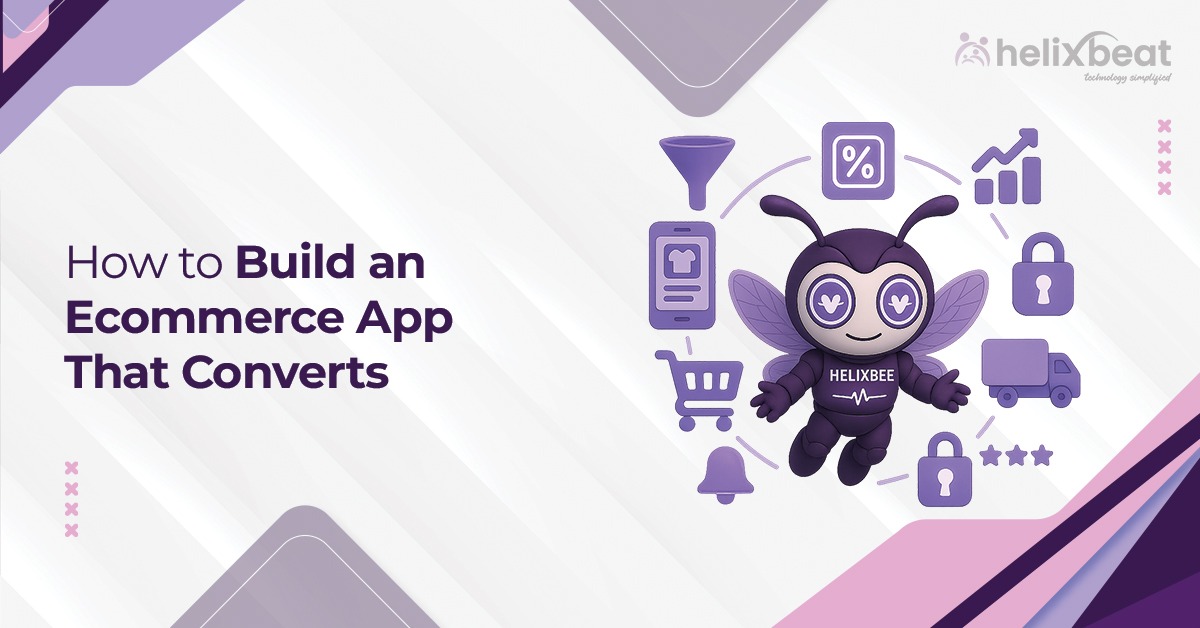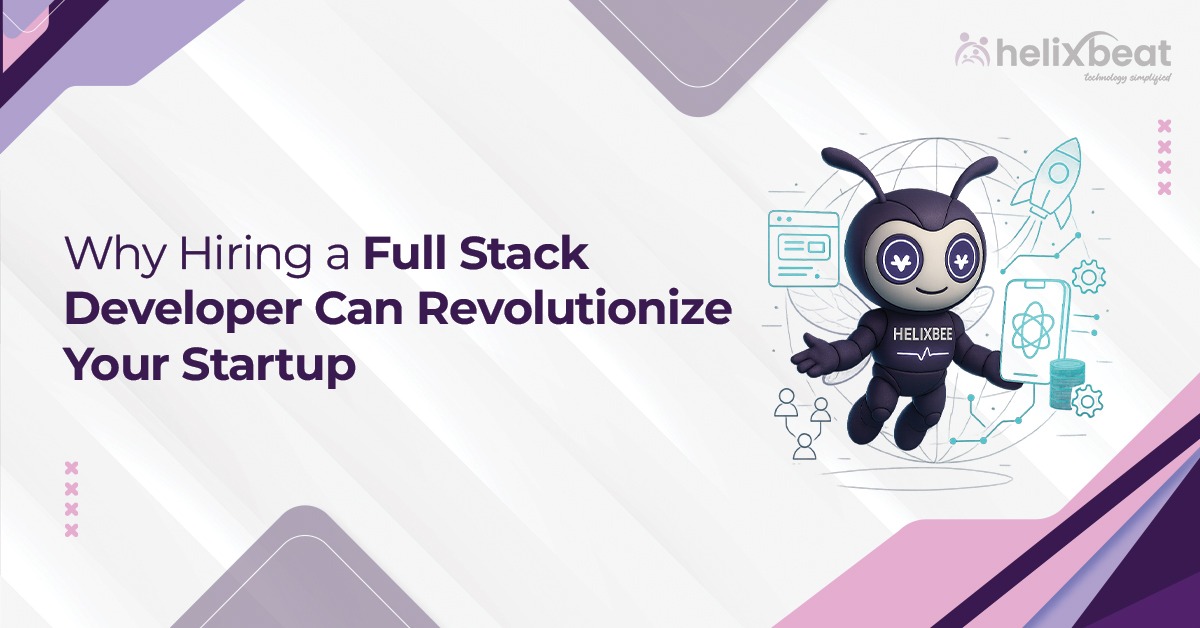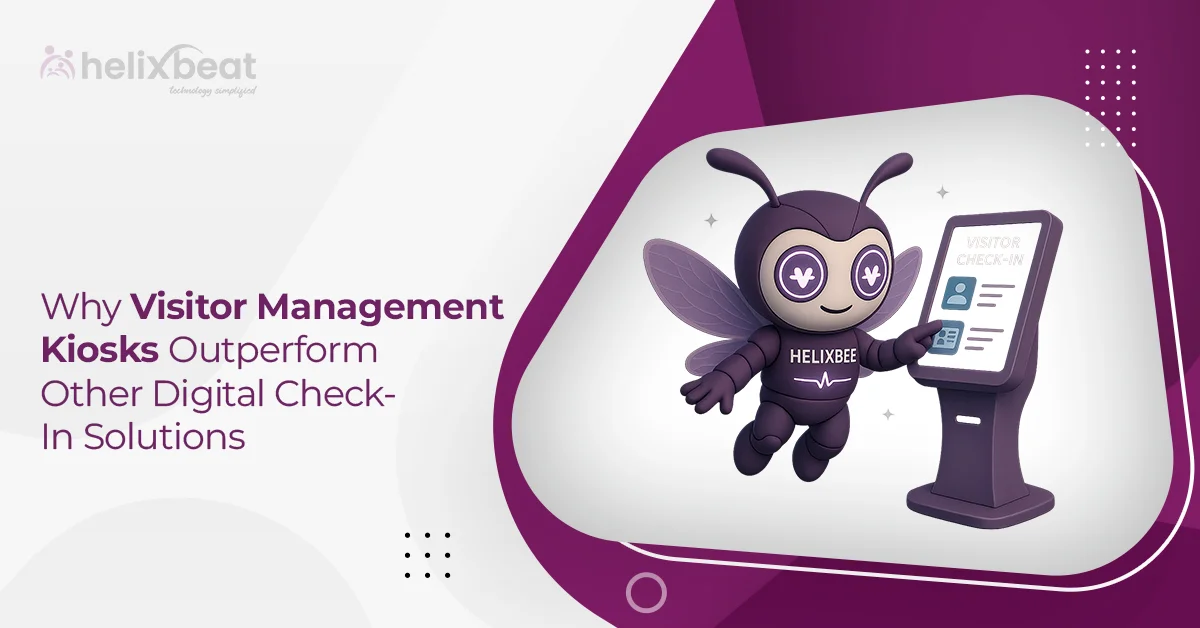The healthcare industry has changed dramatically in the last decade, thanks to the rise of digital health technology. With new tools like data analytics, mobile health apps, and telemedicine, healthcare providers, patients, and organizations now have access to powerful resources that improve care, help patients feel better, and make everything run more smoothly. As the industry keeps evolving, it’s important to stay current with the best tools available.
Table of Contents
Here are seven key tools you need to thrive in the digital health world.
1. FHIR-Based Health Data Exchange Systems
FHIR-based systems are a step up from traditional Electronic Health Records (EHR). They make it easier to share and access patient information in real-time across different healthcare platforms. Instead of just keeping records, these systems help connect all kinds of health data, from medical histories to test results and prescriptions.
What makes FHIR systems special is their ability to work well with other digital health technologies. Therefore, doctors, specialists, and patients can share information more easily. By reducing silos and facilitating faster, more accurate data sharing, FHIR systems help cut down on mistakes and improve overall care. They also make tasks like billing and insurance claims run more smoothly.
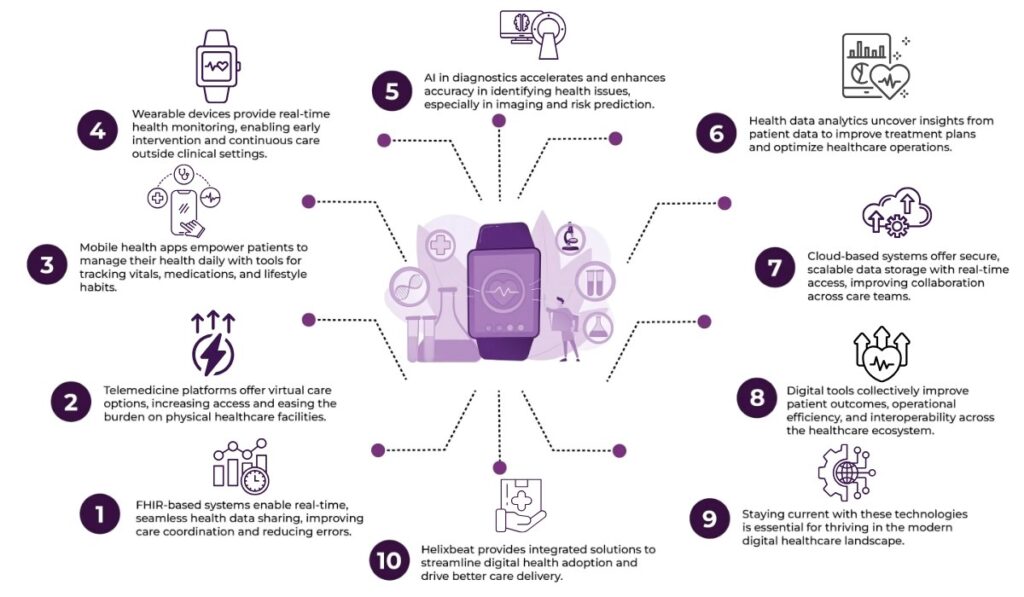
2. Telemedicine Platforms
Telemedicine has become a critical part of healthcare, especially after the COVID-19 pandemic. These platforms allow healthcare providers to have virtual consultations with patients.
Telemedicine platforms offer video calls, secure messaging, and digital health tools for remote patient care. They’re especially helpful for people living in rural or remote areas, where healthcare may not be easily accessible. By cutting down on the need for in-person visits, telemedicine also lightens the load on healthcare facilities.
In addition, telemedicine platforms like PULSE can connect with other digital health technologies, like EHR systems, making it easy for healthcare providers to access patient histories, treatment plans, and follow-up details.
3. Mobile Health Apps
Mobile health apps have changed the way patients manage their health. From simple fitness trackers to specialized tools for managing conditions like diabetes, these apps make health management more accessible. With smartphones, patients can now monitor things like daily steps, heart rate, medication schedules, and even glucose levels right at their fingertips.
For healthcare providers, mobile health apps are a great way to stay connected with patients outside of the clinic. These apps can send reminders for medications, track important health data, and provide insights into lifestyle choices like diet and exercise. Some even use AI to analyze the data and offer personalized health tips.
4. Wearable Health Devices
Wearable health devices, like fitness trackers, smartwatches, and specialized medical wearables, have become increasingly popular in recent years. These devices track important health data such as heart rate, blood pressure, oxygen levels, sleep patterns, etc. Healthcare providers can use this data to monitor a patient’s health remotely.
For example, patients with conditions like heart disease can wear devices that constantly check their heart rate and send alerts if anything unusual is detected. This immediate access to information allows for early intervention and may help prevent emergencies. As wearable devices get more advanced and affordable, they will continue to play a key role in digital health technology.
5. Artificial Intelligence (AI) for Diagnostics
Artificial Intelligence (AI) is already making a big impact in healthcare, especially diagnostics. AI algorithms can now analyze medical images, spot problems, and even accurately predict health risks. In fields like radiology, oncology, and cardiology, AI tools help healthcare providers diagnose conditions faster.
For example, AI-powered tools can read X-rays and MRIs to find signs of subtle fractures or other health issues that the human eye might miss. This not only speeds up diagnoses but also helps healthcare professionals focus on more complex cases.
As AI technology keeps improving, its role in digital health will grow even more, making it a must-have tool for healthcare providers looking to stay ahead in this fast-moving industry.
6. Health Data Analytics Platforms
Health data analytics platforms help healthcare providers gather, analyze, and understand large amounts of health data. These platforms use advanced technology like machine learning and predictive analytics to spot patterns in patient data.
For example, these platforms can identify trends in patient outcomes, which can help healthcare providers create better treatment plans or preventative measures. They can also help hospitals improve their day-to-day operations by analyzing things like patient wait times, staff levels, and how resources are being used.
By using health data analytics, healthcare providers can both improve the quality of care they provide and make their operations more efficient.
7. Cloud-Based Health Information Management
Cloud-based health information management systems allow healthcare providers to store large amounts of data in the cloud, making it available in real-time from any device with internet access.
One key benefit of cloud-based systems is that they eliminate the need for physical storage. These systems also work well with other digital health technologies, like EHRs, telemedicine platforms, and mobile health apps, which helps create a more complete picture of patient care. Similarly, healthcare providers can access patient records, test results, and medical histories no matter where they are, thus improving collaboration between specialists.
Cloud-based systems are also flexible, so they work for organizations of all sizes, from small clinics to large hospitals. Plus, with strong security features, these systems help protect patient data from cyber threats.
Final Thoughts
The digital health technology industry is rapidly evolving, with new tools and innovations emerging regularly. To stay competitive, healthcare providers need to leverage the right technology to enhance care delivery, improve patient outcomes, and streamline operations.
If you’re looking for reliable digital solutions that can optimize healthcare operations, Helixbeat offers advanced healthcare technology tools designed to improve interoperability, streamline data sharing, and enhance patient care. Explore how Helixbeat can help your organization stay ahead with cutting-edge digital solutions for healthcare.
FAQs
1. What is FHIR-based health data exchange, and how does it benefit healthcare providers?
FHIR (Fast Healthcare Interoperability Resources) is a standard for sharing health data across different systems in real-time. It allows healthcare providers to access and exchange patient information quickly and accurately.
2. How do telemedicine platforms help healthcare providers reach patients in remote areas?
Telemedicine platforms allow healthcare providers to conduct virtual consultations with patients through video calls, secure messaging, and other digital tools. This is especially useful for patients living in rural or remote areas where access to healthcare facilities is limited.
3. Why is it important for healthcare providers to integrate mobile health apps and wearable devices into their practice?
Integrating mobile health apps and wearable devices into healthcare practices enables providers to monitor patients’ health more closely. These tools provide real-time data, which can help healthcare providers make informed decisions about patient care.
4. How can Helixbeat help healthcare organizations stay competitive in a rapidly changing industry?
Helixbeat offers advanced digital solutions to optimize healthcare operations, improve data sharing, and enhance patient care. With tools like FHIR-based data exchange, health analytics platforms, and cloud-based management systems, Helixbeat helps healthcare providers integrate the latest technology into their practices.






